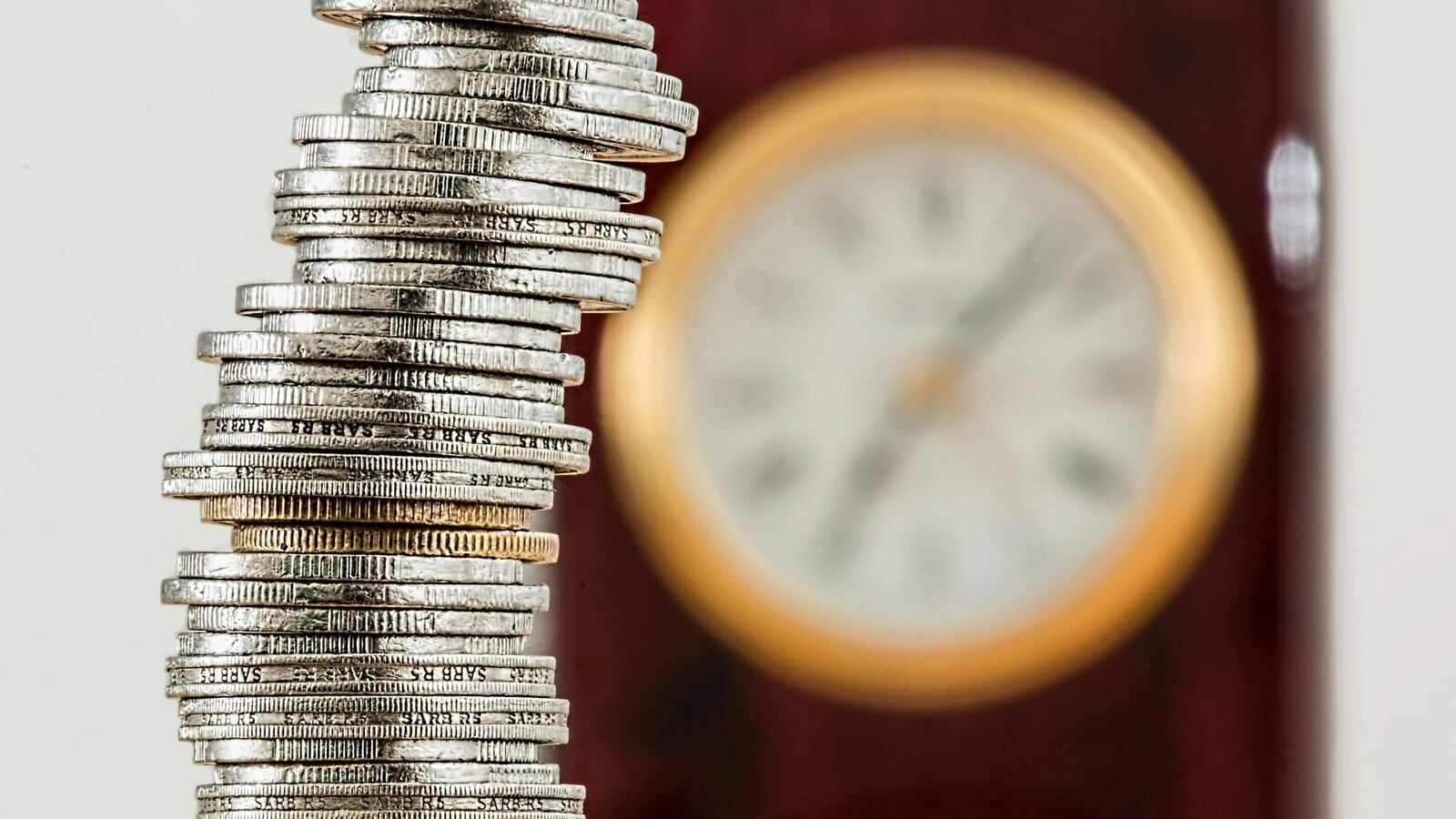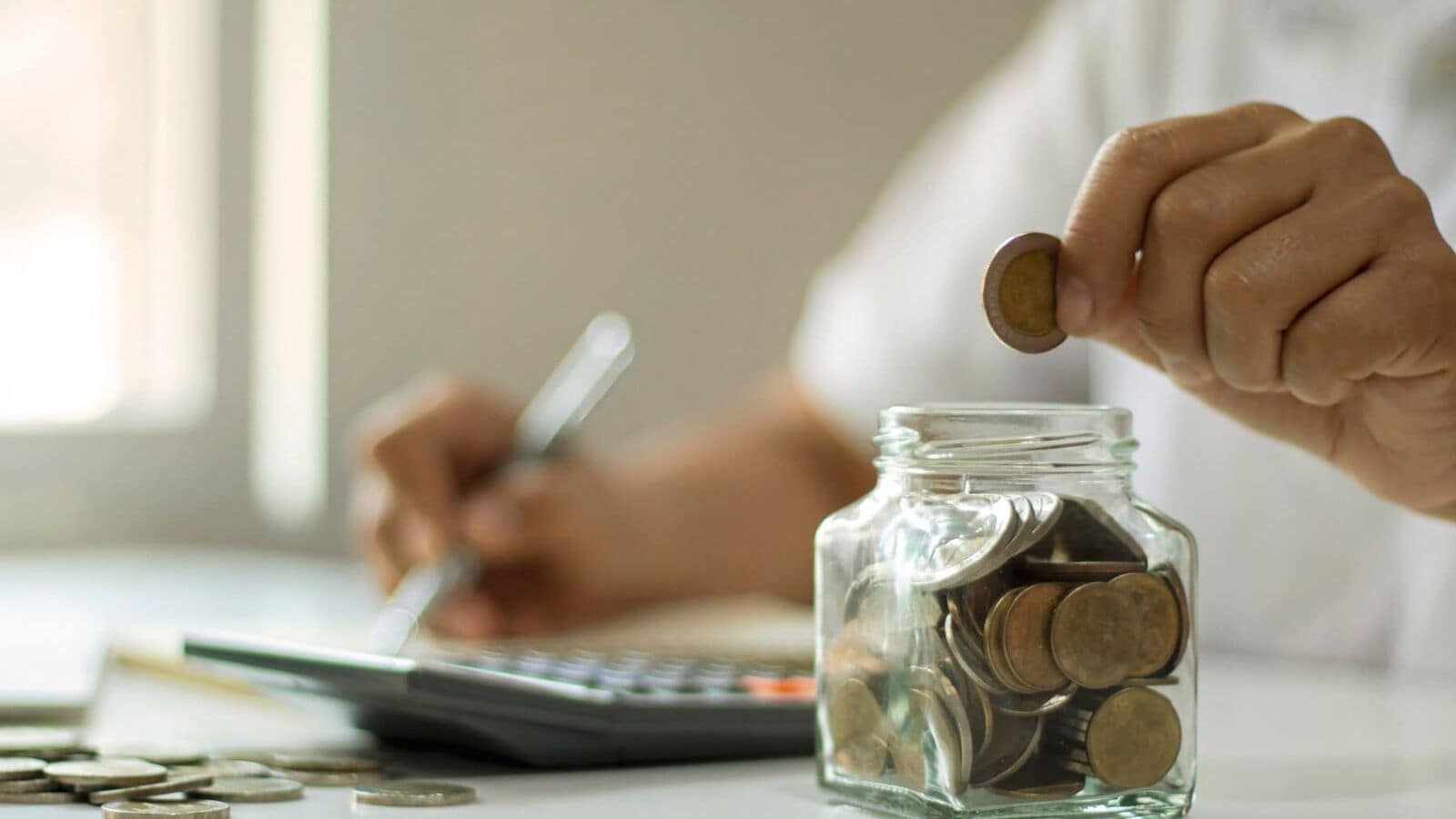How credit card statement reveals more about you than one may think?

Do you often use a credit card? When you bought something last time, you probably swiped a card or tapped your phone without a faint thought. That quick, simple action creates a ripple effect of data — a digital trail that’s building a surprisingly detailed profile of your life.
It’s not just about what you buy; it’s also about which places you visit, who you are, and what you might do next.
Here we describe how your credit card collects information about you.
This is what a credit card tells about you
I. Transactions tell a story: Every purchase you make, no matter how insignificant, adds a new chapter to your personal story.
Your daily routine: That morning coffee purchase via your card can reveal when you start your day and where you work.
Your lifestyle: The stores you shop at and the services you use can give clues about your income and daily habits.
Your passions: If you’re constantly buying movie tickets, books, or gym memberships, your card knows exactly what you’re passionate about.
For companies, this information is precious. It is how they figure out what ads to show you and what products to recommend. They’re not just guessing—they are making informed predictions based on your spending history.
II. Your geographical location: Even without GPS, your credit card tracks your movements. Every transaction is tied to a specific merchant location, and when you connect the dots, your spending habits can paint a vivid picture of your physical world.
This data can tell the companies things about the following:
A. Where you live and work, based on your regular shopping spots.
B. Where do you like to travel, whether it’s a weekend trip or an international vacation?
C. Your favourite places to eat, shop, and hang out.
It is a way for companies to build a calculated guess of your life, all based on your purchase history.
III. Forecasting your next move: Data scientists are good at finding patterns. If you always buy groceries on Sunday night, it’s not hard for a company to predict your next shopping trip and send you a coupon right on time.
This predictive power is why
- You get timely sales alerts from your favourite stores.
- Your bank might offer special rewards for things you already buy.
- Even insurance companies could use your spending to figure out your lifestyle choices and assess risk.
IV. It’s not just for marketers: Your spending profile also matters to banks and lenders. They use your purchase history to figure out if you’re a reliable borrower.
Positive signs: Consistent, on-time payments for big purchases can improve your profile.
Red flags: Frequent late-night purchases or transactions at places like casinos might be seen as a sign of higher risk.
In some cases, even things like utility bill payments made with your credit card are being used to help determine your creditworthiness.
V. The privacy trade-off: All of this tracking is often done to make things more convenient or secure, but it comes with a downside. Your data can be shared with other companies, and while it’s often ‘anonymised’, it’s not always as private as it seems. In the wrong hands, this information could be used for scams or fraud.
The next time you make a purchase, remember that it’s more than just a transaction—it’s a data point.
For all personal finance updates, visit here



